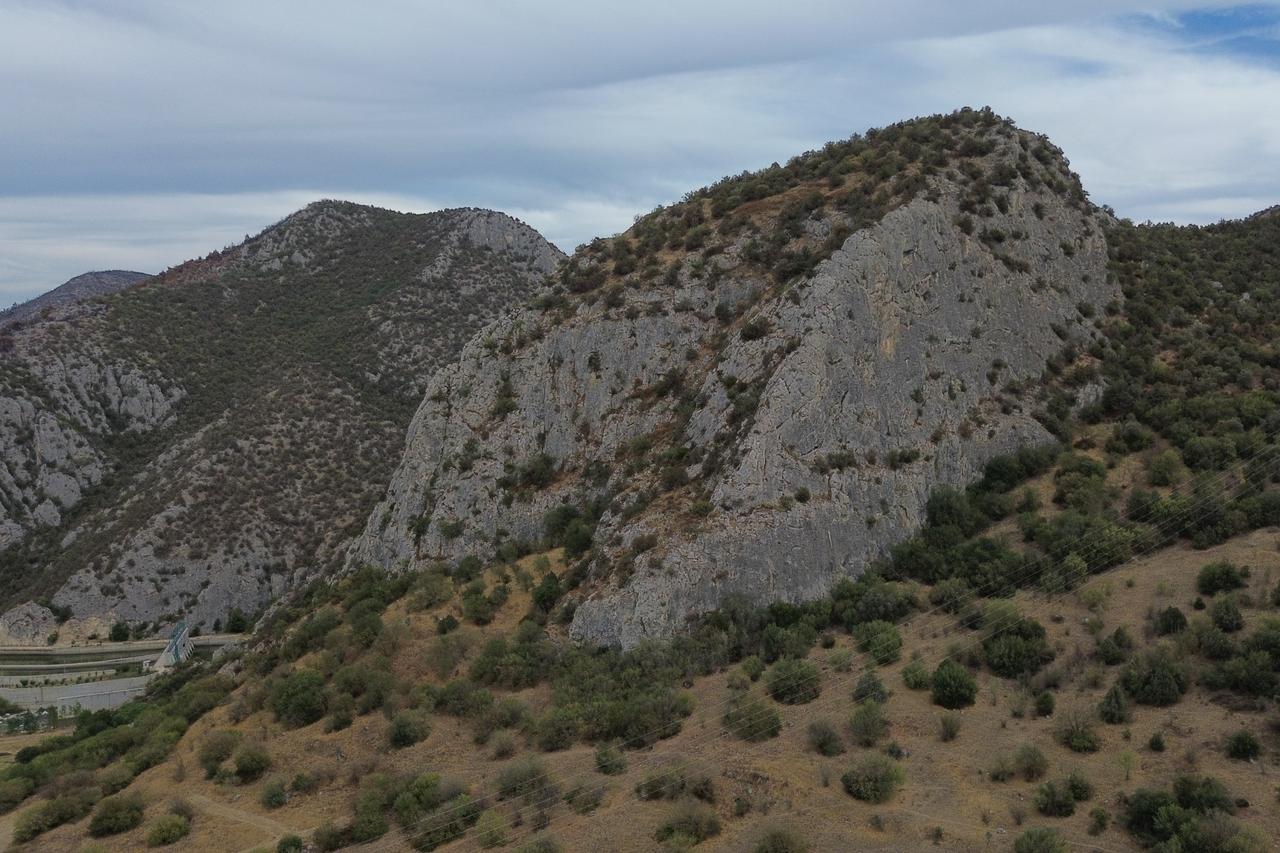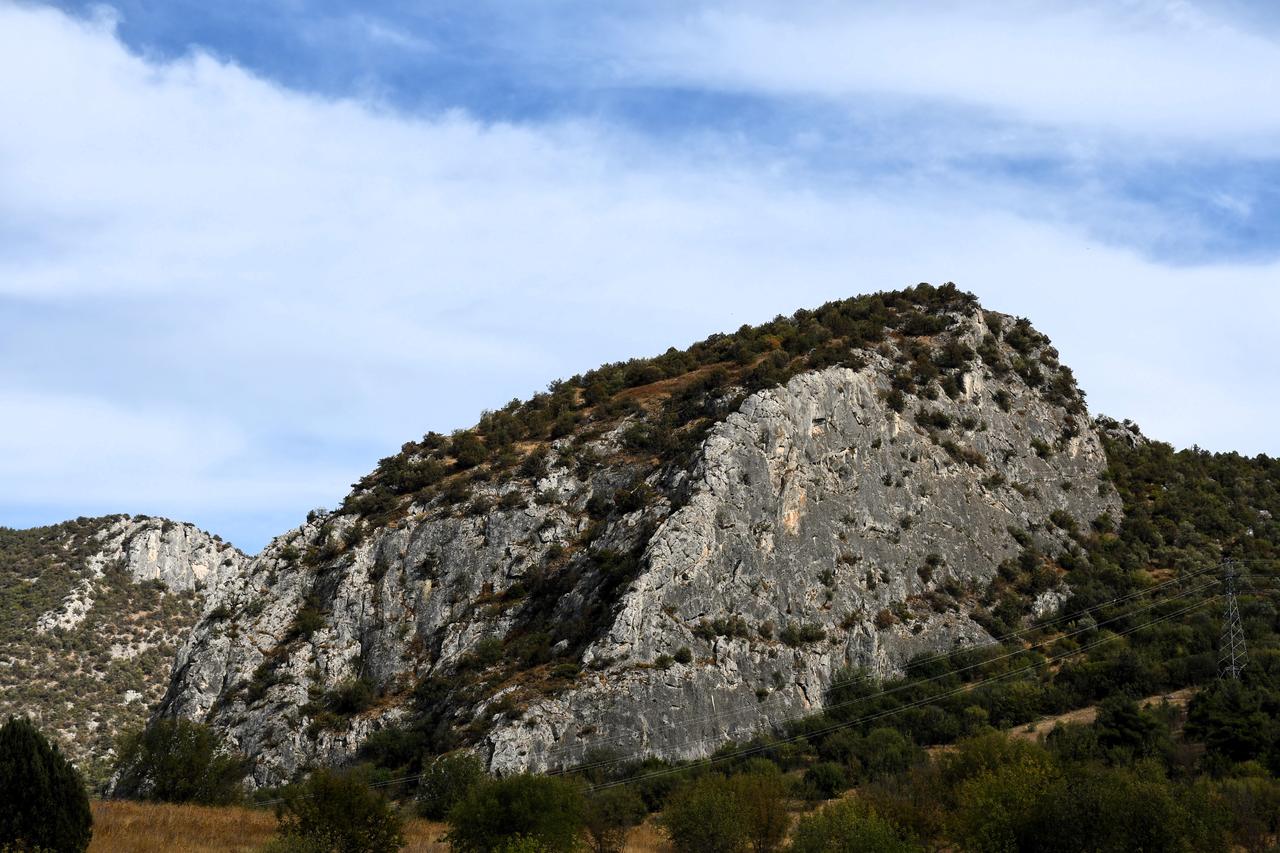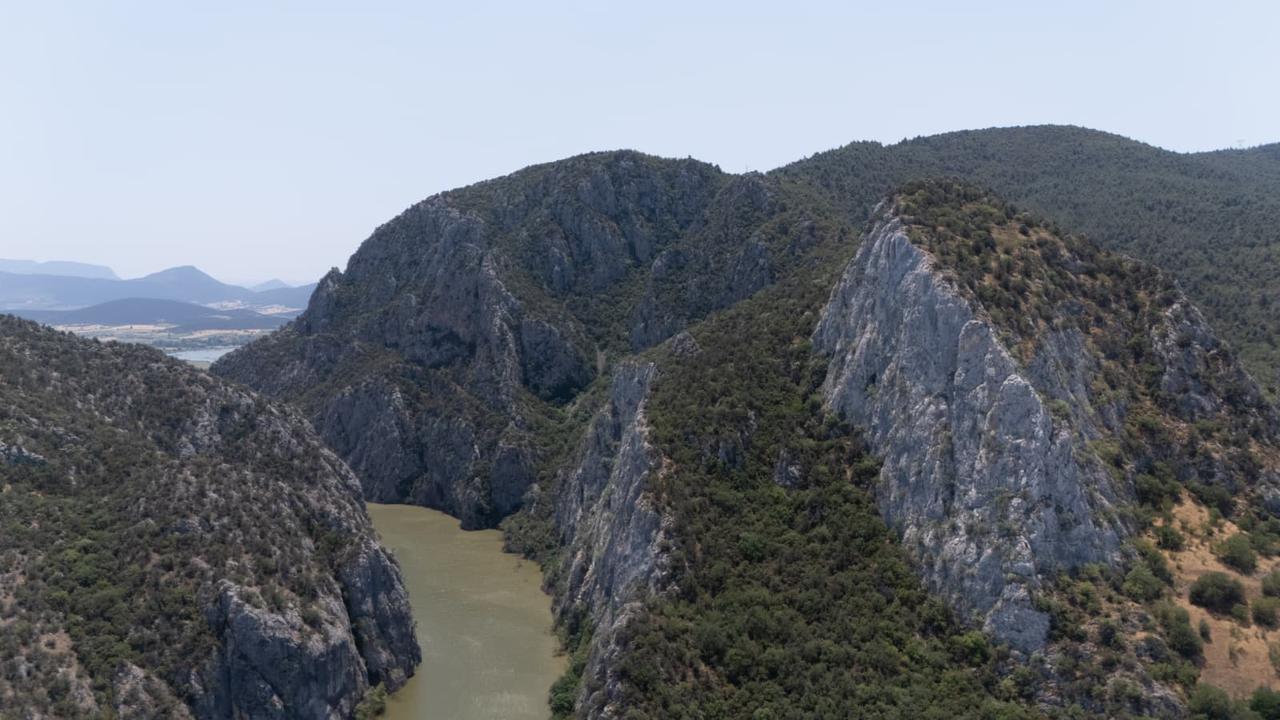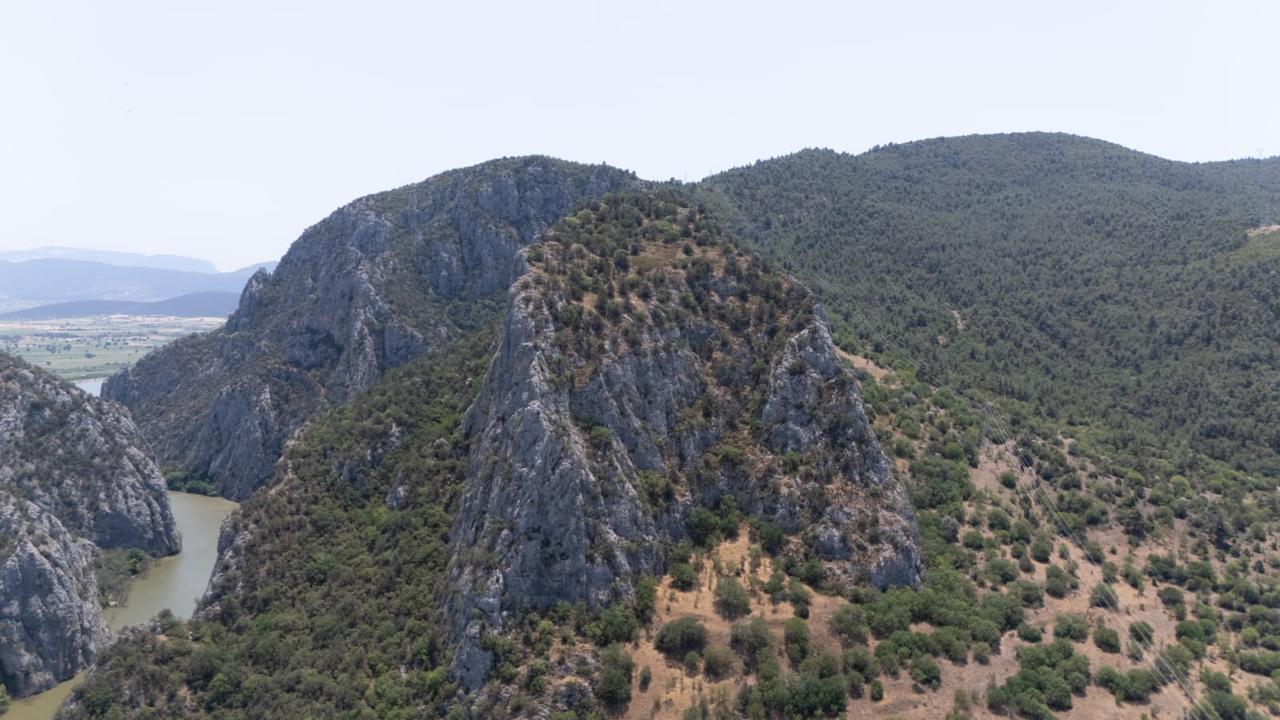
Researchers in Türkiye have identified the location of Cadirli Fortress, one of the earliest strongholds conquered by Osman Ghazi (Osman I), the founder of the Ottoman state, in the early 14th century.
The finding sheds new light on the formative years of the Ottoman principality and provides rare confirmation of the reliability of early Ottoman chronicles.

The discovery was made through doctoral research conducted at Bilecik Seyh Edebali University. Historian Mehmet Can Cetin focused on the historical geography of the late 13th and early 14th centuries, examining fortresses, villages, and military routes associated with Ertugrul Ghazi and his son Osman Ghazi. His four-year study, supported by archival research and field surveys, pinpointed the location of Cadirli Fortress in the Bayirkoy region of Bilecik.
Remnants of the fortress include sections of defensive walls, stairways, storage areas, and water or grain depots, all of which are thought to date to the Byzantine period. The site overlooks the Osmaneli–Golpazari–Sakarya River line, making it a strategic vantage point in the early campaigns of Osman Ghazi.

According to early Ottoman chronicles, Osman Ghazi captured Cadirli along with nearby strongholds such as Lefke and Leblebici during his Sakarya River campaign of 1304–1305. These fortresses were crucial in securing the route to Iznik (ancient Nicaea), which would later fall under Ottoman control.
Cetin explained that the fortress stood at a commanding height over the Pasalar Pass of the Sakarya River, serving as a gatekeeper to the fertile valleys beyond. “This was a strategic point,” he said. “Once Osman Ghazi brought this line under control, he was able to direct his efforts toward Iznik.”
The location of Cadirli Fortress had remained uncertain for centuries. Some scholars had questioned whether the descriptions in early Ottoman chronicles were based on historical reality or later narrative construction. By matching place names in land registry records with archaeological traces on site, the research team was able to reconcile written and material evidence.
“This study shows that the toponyms mentioned in the chronicles and the physical remains in the field overlap,” Cetin noted. “It demonstrates that early Ottoman sources do, in fact, reflect historical reality.”

Professor Refik Arikan, co-supervisor of the research, emphasized that the project sought to determine the precise locations of fortresses captured during Osman Ghazi’s Sakarya campaign. He noted that while some strongholds had been identified previously, the sites of Leblebici, Cadirli, and Lefke remained elusive until now.
Archival records, local oral traditions, and field investigations combined to pinpoint their likely locations. Arikan underlined that these findings strengthen Bilecik’s place in Ottoman history and help redraw the map of the dynasty’s formative geography.